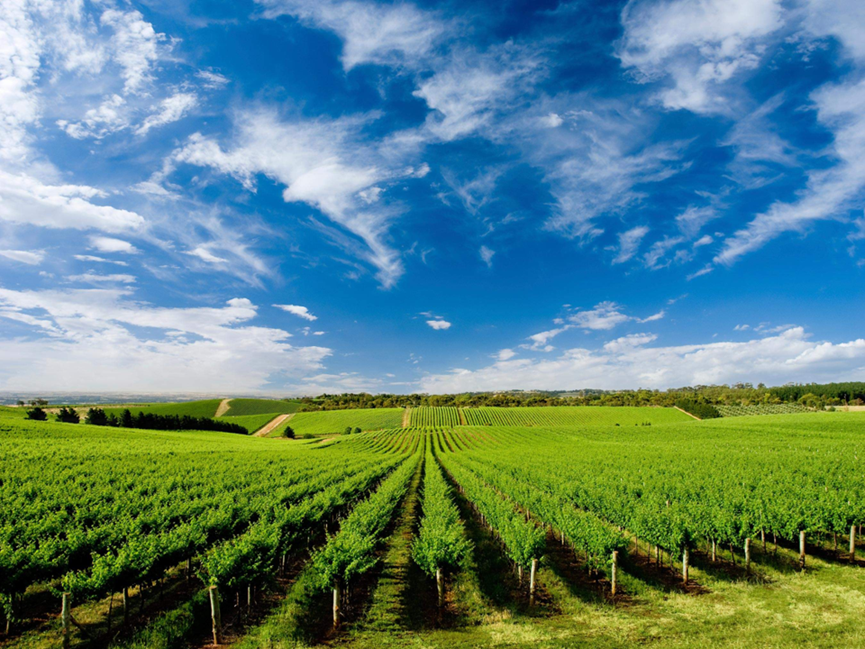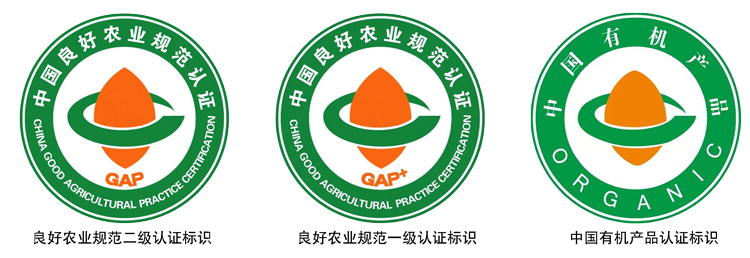
According to the latest survey data from the Swiss Institute of Organic Agriculture (FiBL) in 190 countries and regions worldwide, the area of organic agricultural land and retail sales of organic agricultural products continue to grow and once again reach historical highs (2020 data).
The global organic agricultural land area exceeds 74.9 million hectares (including land in the transition period), with Australia having the largest organic agricultural land area. The two continents with the largest organic agricultural land area are Oceania (35.9 million hectares, accounting for about half of the world's organic agricultural land area) and Europe (17.1 million hectares, 23%). In 2020, the global organic agricultural land area increased by 3 million hectares, with a growth rate of 4.1%. The organic agricultural land area on all continents has increased. In 2020, there were at least 3.4 million organic producers worldwide. Among them, 56% of organic producers are distributed in Asia, followed by Africa (24%), Europe (12%), and Latin America (8%). In 2020, the total area of organic agricultural land in Asia exceeded 6.1 million hectares, with approximately 2 million organic agricultural producers, most of whom are located in India. The countries with the largest organic agricultural land area are India (2.7 million hectares) and China (over 2.4 million hectares).
The global organic market sales have exceeded 120 billion euros. In 2020, the countries with the largest organic product markets were the United States (49.5 billion euros), Germany (15 billion euros), and France (12.7 billion euros).

Organic product certification refers to the activity of evaluating the production and processing processes of organic products in accordance with organic product standards and regulations; GAP certification is a set of standardized and systematic conformity assessment activities conducted to ensure the safety of primary agricultural product production.
01 Certified products
Organic production has very strict requirements for inputs, prohibiting the use of chemically synthesized pesticides and fertilizers, and prohibiting the introduction or use of genetic engineering technology on organic products in organic production; However, GAP certification restricts the use of chemically synthesized pesticides and allows the use of pesticides that have been registered and approved by the state for crop cultivation. There is no requirement for the use of fertilizers and genetically modified products are allowed.
a. Organic planting must be inspected during high-risk stages of crops and the site must be visible; The initial planting of GAP must be during the harvest period, and re certification can be conducted during the crop growth season. If there is product processing, it is necessary to ensure that the product processing site is seen at least once every two years.
b. GAP certification requires that the on-site inspection time of the base should not be less than 3 hours, and organic certification depends on the specific situation.
Organic certification does not have a registration number. After the application for GAP certification is accepted, a registration number must be applied for, and the registration number must be unique.
Organic certification conducts non routine inspections on at least 5% of certified organizations annually, and the non routine proportion for each module in GAP certification is 10%.
Products labeled as organic in organic certification need to be labeled with an organic traceability code on the packaging. The GAP certification mark is divided into a first level certification mark and a second level certification mark, and the registration number should be marked under the certification mark.

For more relevant certification information, please contact Kaixin Agricultural Product Certification Department:
技术支持:北京网站建设  原创先锋
原创先锋